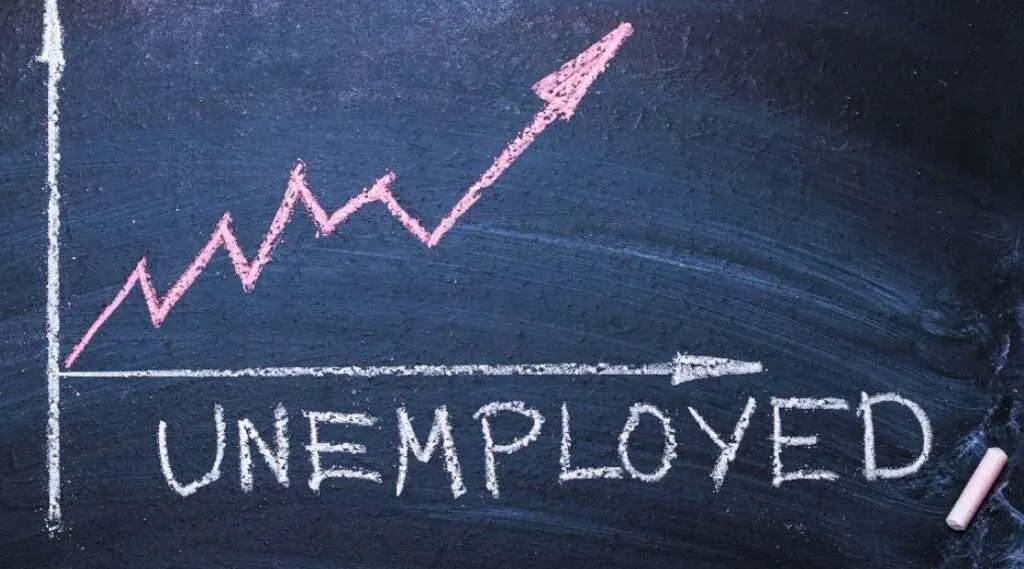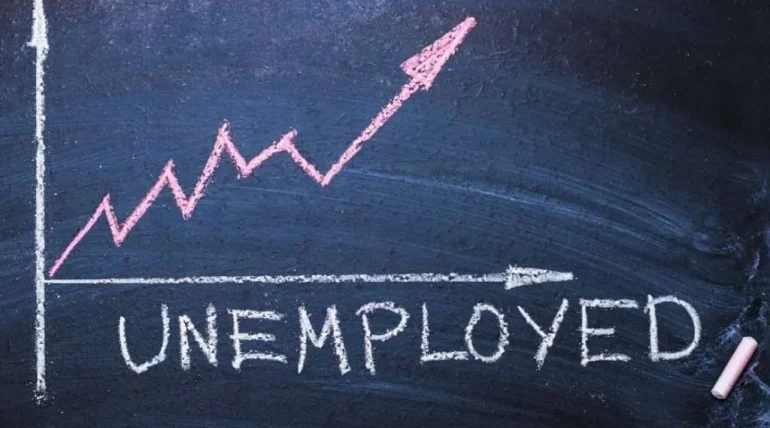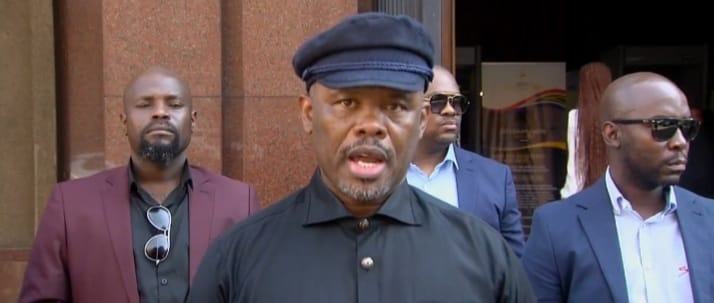Tshwane Civic Movements threaten national shutdown over youth unemployment


Several civic organisations in Tshwane are calling for a nationwide shutdown of BMW’s manufacturing plants, claiming it is the only way their demands for job opportunities—particularly for South African youth—will be heard.
Rea Aga Community Projects (RACP), Impact Forum by Millennium Support Services (IFMSS), and the Progressive Civics Movement (PCM), operating under the United Civic Movement (UCM) banner, held a media briefing in Soshanguve today to address the country’s escalating unemployment crisis.
Founder and President of IFMSS, Sheron Tshabalala, endorsed the proposed shutdown of the German automaker, stating that previous efforts to engage through formal channels have yielded no results.
“I believe we have failed our people by choosing professional engagement over direct action. Government and corporate leaders seem to respond only when pressure is applied through disruptive means. That’s why we are now considering a shutdown,” Tshabalala said.
She stressed that communities in Tshwane have exhausted all peaceful avenues to address what they describe as the country’s worsening employment crisis.
Progressive Civics Movement leader, Mthunzi Luthuli, added that halting BMW’s export operations could deliver a financial blow to the company, compelling it to respond to their grievances.
While acknowledging the potential fallout of such actions, Luthuli insisted that decisive measures were necessary to secure long-overdue opportunities for South Africans.
President of Rea Aga Community Projects, Mpho Kgosana, criticised the government for “selling the country” to international white monopoly capital and urged political leaders to prioritise South African citizens in economic decision-making.
In September, thousands of unemployed youth from Tshwane’s marginalised communities marched to the Rosslyn automotive manufacturing hub—home to BMW, Nissan, and Ford—demanding job opportunities and warning of mass action if hiring practices did not change.
Protesters accused the automotive sector of exclusionary employment practices and called for hiring quotas and procurement reform. Kgosana said it was disheartening that South African youth must protest to be considered for opportunities in their own country.
Kgosana was among the leaders at the march, where participants also expressed concern over what they described as a growing influx of undocumented foreign nationals into South Africa’s job market.
He also disputed the official youth unemployment rate of 46%, calling it a gross underestimation.
He went on to accuse government officials of using Rosslyn as a “financial playground” and blamed Gauteng Premier Panyaza Lesufi for policies he claims make it harder for local companies to hire young people.
Director of the Tshwane Region’s Bakgone Youth Foundation, Mojalefa Bila, urged young people to become politically and constitutionally conscious to better navigate and address the socio-economic issues they face.
He called for greater collaboration between government, civic organisations, and communities, and praised the growing movement of youth-led civic activism.
“Civic organisations are doing the courageous work of identifying and addressing societal gaps. Youth must see their surroundings not just as environments of lack, but as opportunities for growth and innovation,” Bila said.
He added that the current job market is too restrictive, leaving young people sidelined instead of integrated into economic development.
Written by: Odirile Rabalao
Written by: Nonhlanhla Harris
BMW Business Economic Growth Job Creation Social Employment Fund South Africa unemployment unemployment rate Youth unemployment
Similar posts
Current show
Upcoming shows

Morning Break with Xtremme
9:00 am - 12:00 pm

The Lunch League with FreshByCaddy and Yvette Floss
12:00 pm - 3:00 pm

Home Run with Ayanda MVP
3:00 pm - 6:00 pm

Happy Hour with Sinaye
6:00 pm - 7:00 pm

Club Y
7:00 pm - 8:00 pm
Latest posts

‘Implicated officials should respond to authorities, not seek media sympathy’, says expert

Tshwane Civic Movements threaten national shutdown over youth unemployment

We’re not thinking about FIFA deduction: Williams

SIU raids Sandton mansion of businessman linked to R2.3 billion Tembisa Hospital scandal
COPYRIGHT 2023



